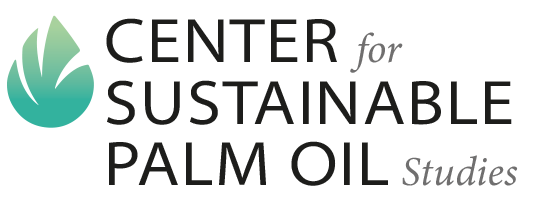
In April, the European Parliament debated the issue of alternative fuels and the prospect of developing hydrogen technology in the transport sector. This is part of the EU commitment to climate and energy targets for 2030 which seeks to have a clean, affordable and reliable energy for transport. During the 22nd April session, EU Commission expressed its frustration that some countries had not been keeping up with their responsibilities to report on their progress towards an alternative fuel infrastructure.
The Commission criticised three countries in particular, Italy, Portugal and the United Kingdom for failing to submit reports regarding the implementation of their national policy frameworks on alternative fuels infrastructure to the Commission. The reports were due by 18 November 2019 and the three had violated Article 10.1 of the Alternative Fuels Infrastructure Directive 2014/94/EU. They were given four months to comply with this obligation under the Directive.
These intensive discussions on alternative fuels are being driven by the desire among Members of Parliament to both reduce the level of dependence on imports of raw materials from outside the EU and limit the damage caused by the transport sector to the environment. To that end, some MEP’s have been calling for a switch to alternative fuel sources like hydrogen and are pushing for legislation and EU regulatory framework to support hydrogen technologies in transport.
This step is premature because although hydrogen fuel cell technology for cars and buses has advanced considerably, their actual usage rates still remain very low. For example there were only 1492 hydrogen registered passenger cars in the EU in 2020.
Meanwhile the sales of electric vehicles have accelerated rapidly, achieving more than 10% in 2020. With the an eye to the future, the CEO of Audi called for ‘Technologieklarheit’ (technological clarity) and a complete shift to battery electric energy. This would mean no gasoline, diesel, plug-in hybrids, gas or hydrogen in passenger cars. Many other car and truck manufacturers also state publicly that the future of almost all road transport will be battery-electric – even long-haul trucks.
But a shift to electric or ‘e-fuels’ is not a simple process, and it is not cheap. To produce e-fuels, electricity is used to split water into hydrogen and oxygen. The hydrogen is then combined with carbon dioxide to make drop-in hydrocarbons like diesel, gas or jet fuel. While e-fuels can be very low-carbon, if made from new renewable electricity, they can’t be low-cost at the same time. The e-fuels production process is inherently inefficient, converting at best half of the energy in the electricity into liquid or gaseous fuels. Even though wind and solar electricity costs are coming down over time, power still costs something, and that cost is essentially magnified by the low yield of e-fuels production.
While the EU has certainly made a commitment for its European Green Deal, the policies against biofuels and natural gas might be regarded as extreme and untenable, given economic and infrastructure challenges. At the least, e-fuel technology for shipping and aviation will be both extremely costly to implement and will take years, if not decades before these technologies become widely available. Biofuel offers a highly viable, efficient and effective way to fulfil climate action objectives immediately and without the substantial economic and logistical disruption involved with a full e-fuel system
The best approach to achieve EU’s green goals in the transport sector would be to use renewable and low carbon liquid fuels as strategic components to aid EU transition to more ambitious alternatives such as e-fuels. There is a recognition in EU that shifting drastically to e-fuels or electrification is difficult and poses real difficulties. As such, there is a need for cautious, steady policy changes.
Biofuel offers a highly viable, efficient and effective way to fulfil climate action objectives immediately and without the substantial economic and logistical disruption involved with a full e-fuel system. One of the strongest cases for biofuels comes from sustainable palm oil. This is one of the many ways sustainable palm oil becomes important for the EU.
Palm oil is already used in 70% of cosmetic products and found in around half of all supermarket products. It is a key ingredient in staple foods such as bread and margarine, as well as chocolate, ice cream, instant noodles, and biscuits. At the heart of palm oil’s success is its versatility, because it is also used in the production of biofuel for cars and power plants.
There are many advantages to palm oil over other seed oils like canola and soy. Palm trees produce between four to ten times more oil than other crops per unit of cultivated land and consume less water in the process. This high yield per unit of land makes palm oil the cheapest and most environmentally friendly vegetable oil in on the market.
Palm oil can be also be grown sustainably. So, Europe can contribute to tackling climate change production of affordable biofuels at the same time. To realise this goal, Europe should be engaging extensively with producer countries like Malaysia. As the world’s second largest palm oil producer, Malaysia has experienced year-on-year decreases in deforestation, attributable to the successful adoption of a nationally mandated sustainability scheme, Malaysian Sustainable Palm Oil (MSPO).
Europe must move away from the blockades and bans and embrace cooperative efforts to ensure certification standards like MSPO are strengthened and universally adopted. Even environmental organisations like the World Wildlife Fund (WWF) argue that consumers should not boycott products containing palm oil.
Avoiding it could, in fact, have far worse environmental consequences.







